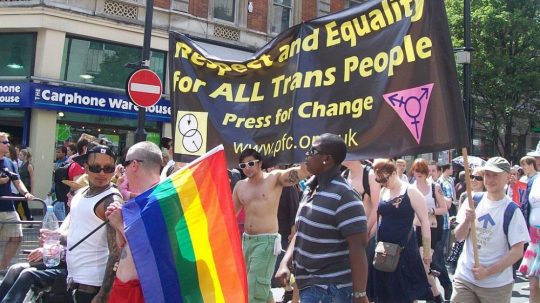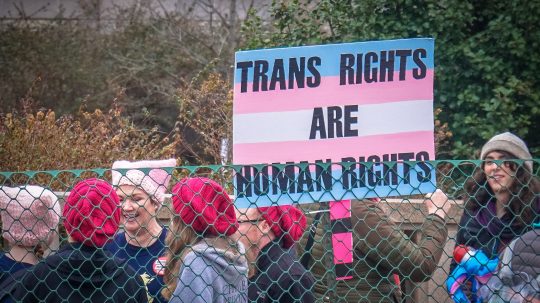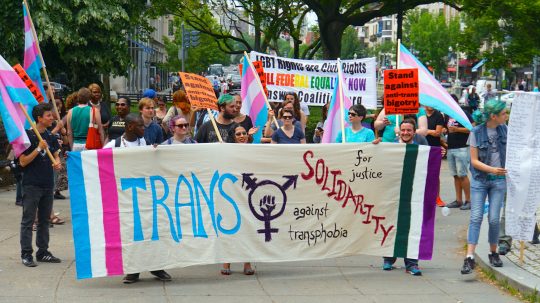Find out more from our conversations in this week with women’s refuge groups, academics, and people with lived experience.
We look to shine a light on issues not cast heat.

I’m trying to teach my daughter to be strong, to set her sights high to believe she can do anything. But she is already learning that her government can deny her rights. That the government, which does not now, and has never had a trans MP, wields the overwhelming power to prevent her changing a piece of paper, which will continue to state ‘male’ into her distant future
I’m trying to teach my daughter to be strong, to set her sights high to believe she can do anything. But she is already learning that her government can deny her rights. That the government, which does not now, and has never had a trans MP, wields the overwhelming power to prevent her changing a piece of paper, which will continue to state ‘male’ into her distant future
Find out more from our conversations in this week with women’s refuge groups, academics, and people with lived experience.









